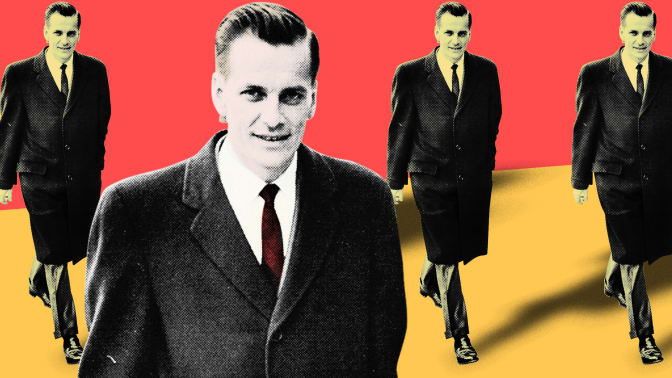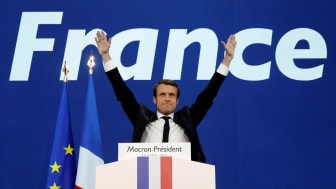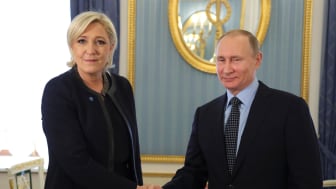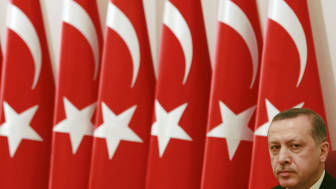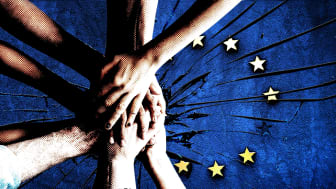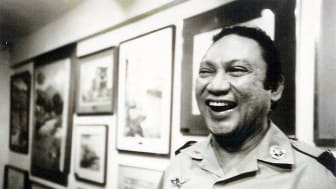Christina Goldbaum’s investigations of U.S. Special Force Operations in Somalia:
Out of Control: Strong Evidence that U.S. Special Operations Forces Massacred Civilians in Somalia
Night Vision: Inside the Secret Mission That Got a Navy SEAL Killed in Africa
Philip Obaji Jr.’s onscene coverage of Boko Haram, ISIS in Africa, and the migrant exodus:

Survivors: When the Way Out of Boko Haram is an Ancient Slave Route
Hearts and Minds: Here’s How ISIS Won Over the Villagers Where the Green Berets Were Ambushed
Barbie Latza Nadeau on the migrant crisis in the Mediterranean:
Italy’s Ugly Deals to Stop (and Sometimes Kill) Migrants
Migrants Rescued at Sea Between Death and Hope

